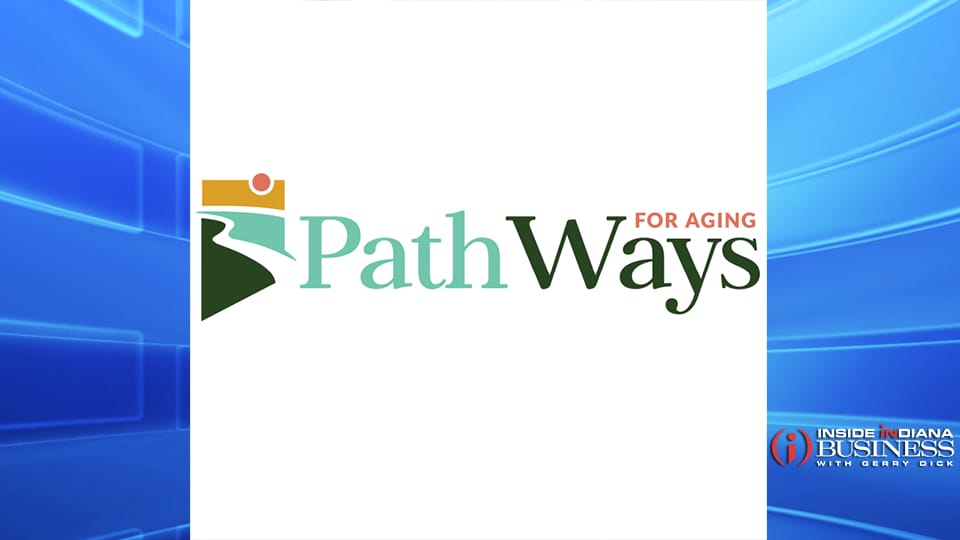CMS approves state waivers on senior care, attendant care
Subscriber Benefit
As a subscriber you can listen to articles at work, in the car, or while you work out. Subscribe Now
The federal agency responsible for overseeing how states administer entitlement programs like Medicaid approved Indiana’s proposed waivers and waiver amendments related to its managed care transition and relevant home- and community-based services.
Indiana will launch PathWays for Aging for Hoosiers over the age of 60 enrolled on Medicaid on July 1 as it retires the Aged and Disabled waiver. Hoosiers under the age of 60 served by that program will move to the Health and Wellness waiver, both of which will be overseen by the Family and Social Services Administration (FSSA).
The Traumatic Brain Injury waiver will also move from FSSA’s Division of Aging to the Division of Disability and Rehabilitative Services.
To review the approved waivers, scroll to the bottom of this Medicaid informational page from FSSA.
The Centers for Medicare and Medicaid Services (CMS) approved the PathWays waiver for five years.
Additional approvals Tuesday include changes to how the state pays for parental care of seriously disabled children. Previously, parents could be paid an hourly wage for the care they gave their children but a lack of guardrails meant that some families claimed as much as 120 hours each week.
After curtailing the attendant care program to rectify a $1 billion budgeting forecast error, families must now shift to Structured Family Care, which pays a per diem amount. A group of parents have sued the state in an attempt to halt the transition but the federal judge hasn’t yet issued a ruling.
A separate group flagged several concerns for Gov. Eric Holcomb and FSSA leader Dan Rusyniak, including the three-tier system under Structured Family Caregiving. Parents said the three tiers weren’t defined and accused the agency of curtailing attendant care hours ahead of the July 1 transition.
FSSA noted that other waiver changes include adjustments to Structured Family Caregiving to clarify skilled respite care and the classification of caregiving tiers as well as allowing foster parents to access the program.
The Indiana Capital Chronicle is an independent, not-for-profit news organization that covers state government, policy and elections.
